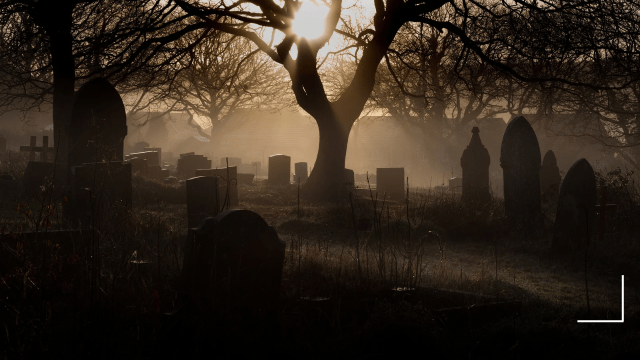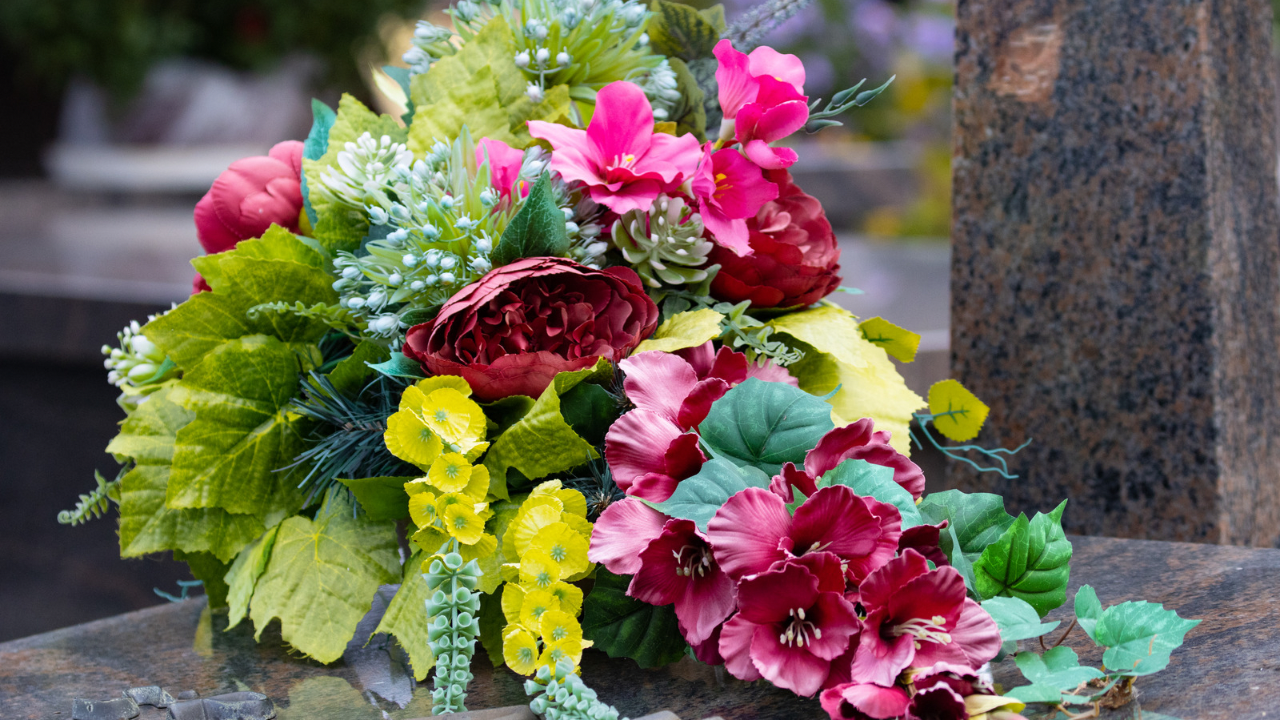introduction
I have always been fascinated by pagan rituals and celebrations. Though I am a Christian, these things never cease to intrigue me. In my new country, Bulgaria, Religion and tradition combine on a frequent basis. Throughout the year the Bulgarians celebrate a number of religious events that can be traced back to Celtic or Pagan times. October is no exception. At the end of October/ early November – the Bulgarians observe All Souls’ Day or or Задушница.

what is All Souls Day
Zadushnitsa translates literally as All Souls Day. It is celebrated on the Saturday before Bulgarian Michaelmas (the feast of St Michael the Archangel, the taker of souls) on 8 November. The day of the week – Saturday – means that most people are available to visit the cemeteries.
On this day, people visit the graves of their deceased loved ones and relatives. Families offer prayers for their souls . They also clean the graves and lay fresh flowers. They may light candles or burn incense.
People often take a “picnic” to the graveside. These may comprise of seven different dishes, including the deceased’s favorites. The first bite of food is placed on the ground, and the initial sip of wine is poured on the ground also.
An ancient custom during this solemn occasion involves pouring the first sip of wine on the ground, rather than consuming it. The ritual of pouring wine begins from the head of the deceased, moving toward the left, forming three concentric circles along the grave’s edge.
The orthodox church has a special liturgy for All Souls’ Day. The priest may come to the graveside or it may be performed in church. It is a common practice in orthodox churches to burn candles for the dead.
Kolivai
Kolivai is also prepared for All Souls’ Day. This is a special sweet dish made from wheat. It is prepared for remembrance services for days after people have died and other solemn occasions associated with the death of a loved one. It is known as the wheat of the dead. Here is a recipe.

Religion Meets Paganism
It is not unheard of for the church to commandeer various pagan festivals and practices under the name of Christianity. Christmas is an especially blatant example. Christ was not born in December! We know this from a variety of sources – including the fact that the Shepherds were still “guarding their flocks” out in the field. This would not of occurred in December.
Our Savvy Christian forefathers new that the pagan ritual of Saturnalia which occurred roundabout this time was so popular that it would be difficult to crush. So instead, they “rebranded” this raucous pagan festival“ under the heading of Christ birthday.
Many aspects of the festival can also be traced back to pagan times. This makes for very interesting reading but is not the subject of this post.

Samhain
So is there any evidence that All Souls’ Day had similar origins? Well, All Souls Day as it is celebrated in Bulgaria does have a number of similarities to the Celtic Samhain. Samhain (a Gaelic word pronounced “sow-win”) is a pagan religious festival dating back to Celtic times. Celebrated from October 31 to November it is a Gaelic word meaning ‘end of the summer’.
The festival marks the beginning of winter – the dark months. Fires were a central part of the celebration. A large community bonfire would occur and then families would take a torch from the fire to reignite the hearths in their homes. One article I read stated that the word bonfire actually comes from the word ‘bone fire’. We know that the Celts made sacrifices possibly of animals so this would make sense. The modern day Guy Fawkes night no doubt had its origins in this earlier ritual.
“According to Irish mythology, Samhain was a time when doorways to the spirit world were opened, allowing the dead to visit the living world (..) the Celts created ways to appease them. Food or sacrificial offerings were left outside homes and, in another tradition, revelers visited homes in costumes or disguises and recited poems or verses — all origins of trick-or-treating”.

Evidence?
Similarities to the observances of All Souls’ Day are apparent. First of all there is the time of year. Secondly there is the fraternisation taking place between the living and the dead. Leaving food for the dead is a clear link. Samhain Acknowledge the end of the harvest and wheat no doubt played a part. I found this traditional recipe made during Samhain, which uses wheat and of course we also have the ancient tradition of making corn dollies.
There is also the salient point that there are no indications in scripture that food and wine should be shared with dead people. On the contrary, there are a number of scriptures that forbid such practices:
Deuteronomy 18:9–13
Hosea 9:4
the Bible also teaches us that spirits do not eat:
Luke 24:39
Job 7:9-10
Psalms 146:4
The orthodox church teaches that these rituals are symbolic. However, I have taken part in enough of these rituals to know that many Bulgarians take them very literally.

How did a Celtic tradition reach Bulgaria?
When the Roman Empire conquered and colonised Celtic territory in 43 A.D., many Celtic traditions were merged and adapted into Roman traditions such as Feralia, a late October holiday when Romans honoured the dead. The Romans of course also conquered Bulgaria.
“By the 9th century, the Catholic churches influence was at work throughout many Celtic lands and thus was integrated with Celtic holidays such as Samhain. It is believed the church was trying to replace the Celtic holiday with a church-sanctioned holiday. In 1000 A.D. the church made November 2nd All Souls’ Day. Celebrations mirrored many Samhain traditions including bonfires and dressing up.”
conclusion on the origin of All Souls’ Day traditions in Bulgari
I would like to conclude this post by stating that of course, we cannot say for certain if there are any definite links between the Bulgarian All Souls Day and Samhain. There is no written history available. It is also important to point out that. not everyone I read agreed with this connection.
Since moving to Bulgaria I have found the customs and traditions here extremely interesting. I take great pleasure in learning about them. There isn’t a month goes by when there isn’t some festival or holiday And it is just such a stark contrast to England. Life in our Bulgarian village. is just so much more colourful and interesting.




[…] All Souls’ Day in Bulgaria- Задушница […]